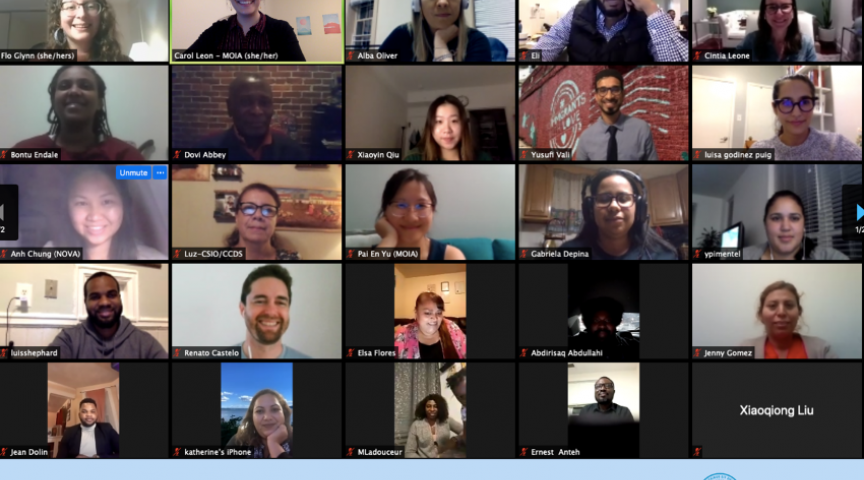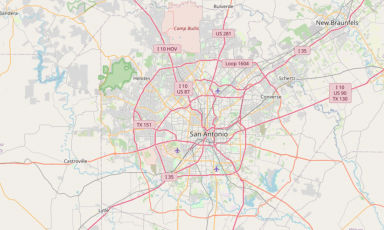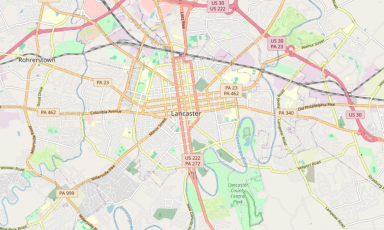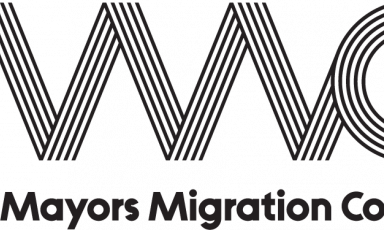Boston, United States
Immigrants Lead Boston (ILB)

Summary
Immigrants Lead Boston (ILB) collaborates with the City of Boston’s emerging immigrant leaders to encourage shared, equitable civic ownership. We aim to achieve this mission through a multi-session course. This course fosters knowledge, skills, relationships, and practices in the art of politics among diverse community leaders and advocates. Participants will build on their capacities to share useful resources, knowledge, and connections with the City government and with their communities, to critically engage in policies and programs addressing their needs, and to promote the issues most important for them and their communities.
Impact
Expected/Achieved Impact:
- Increase participants' knowledge about what different city government departments do, and what services and resources they provide.
- Provide participants with the leadership tools to strategically engage with the city government and to advocate for themselves and their communities. Leadership tools include:
- Civic Norms: How to participate in local politics
- Problem Identification & Solving: Strategies for problem solving in the community
- Power Analysis: Networking with people in positions of power for community advancement
- Relationship & Coalition Building: Connecting with people, understanding their interests, and developing diverse coalitions for a common cause
- Public Speaking & Storytelling: Sharing stories to inform the actions of politicians, city officials, and other city residents
- Community Organizing: Mobilizing their communities to advocate with city government
- Nurture civic leaders that can constructively discuss and act in response to sensitive political, economic, cultural, and social issues
- Build relationships
- Recruit and engage of participants equitably
Evaluation
- The program coordinator asked participants for feedback throughout the program and conducted pre- and post-course evaluations to determine the effectiveness of the program.
- These evaluations measure the alignment of the program outcomes with the program missions, goals, and objectives.
Lessons learnt
- First cohort: Civic engagement improved after the course, with participants more likely to use City of Boston resources. However, few participants attended public meetings during the course and few communicated directly with public officials who participated in the course. This was feedback from our first cohort.
- Second cohort: We incorporated action items into the program, which included making connections with representatives from many City departments and City Council representatives, allowing participants to build deeper connections with City officials. Participants were also asked to attend community meetings hosted by the city )for some participants this was their first ever community meeting); they also shared their experiences with City officials to ensure community meetings are more welcoming and accessible. Lastly, they drafted testimonies on issues of interest to them, such as housing justice, access to mental health services, and lack of access to COVID-19 resources.
- Trust in city government increased post-program
- The main strengths of the program were the information/ content provided during the program and the support/organization from the Mayor’s Office for Immigrant Advancement team (the program coordinating agency).
Priority Objectives
Eliminating all forms of discrimination and promote evidence-based public discourse
Providing access to urban infrastructure, social services, and education regardless of status
Supporting reception and advancing community sponsorship initiatives
Country
United States
Local or regional government
Boston
Mayor
Michelle Wu
Start of Project


